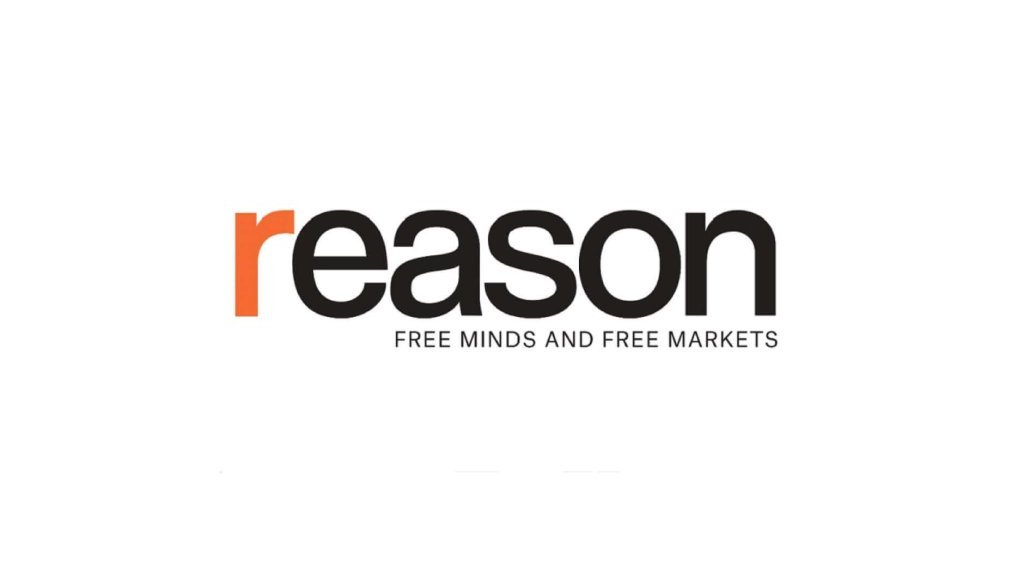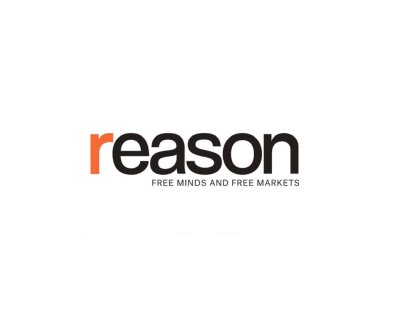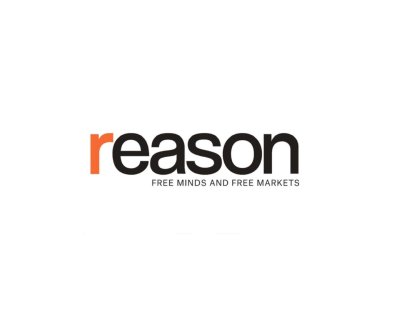Journal of Free Speech Law: “Should We Trust the Censor?,” by Keith E. Whittington
The article is here; the Introduction:
In designing and adopting any regulatory scheme, there are two separate but important decisions to make. First, of course, we must decide on the substantive rules or standards that will govern the behavior to be regulated. This is often the most visible and contentious decision to make. Setting out the rule to be enforced is generally viewed as tantamount to setting the policy itself. But there is a second decision that must also be made, perhaps even more consequential than the first. Once we know what rule will be enforced, we must decide who will be empowered to interpret and enforce that rule. After we design the regulation, we must design the regulator. Rules are not usually self-enforcing. Someone will have to determine whether the rule has been violated and what to do in the case of violations. Those two decisions are critical to the success and significance of any regulatory scheme.
In this regard, the regulation of speech is no different than any other regulatory scheme. Changing the context of speech regulation does not change the dilemma. When we lay down a rule about what kinds of speech should be forbidden, we must also decide who will interpret and enforce that rule. Who will decide whether the rule is violated by a particular utterance and therefore whether the speech in question should be suppressed, or the speaker punished?
Moreover, such issues arise whenever we seek to regulate speech. If the government wants to prohibit some speech, it will need a process of enforcing that law or administrative regulation. If the government wants to criminalize “terroristic threats,” it will need both to specify the rule against such threats and to rely on a criminal justice process for investigating and prosecuting those who make such threats. If Congress wants to exclude from federal trademark protection marks that are “scandalous” or disparaging, it will need to articulate the exception to trademark law and empower a government official to review trademark proposals and reject those that violate the rule. If the
Article from Reason.com

The Reason Magazine website is a go-to destination for libertarians seeking cogent analysis, investigative reporting, and thought-provoking commentary. Championing the principles of individual freedom, limited government, and free markets, the site offers a diverse range of articles, videos, and podcasts that challenge conventional wisdom and advocate for libertarian solutions. Whether you’re interested in politics, culture, or technology, Reason provides a unique lens that prioritizes liberty and rational discourse. It’s an essential resource for those who value critical thinking and nuanced debate in the pursuit of a freer society.




